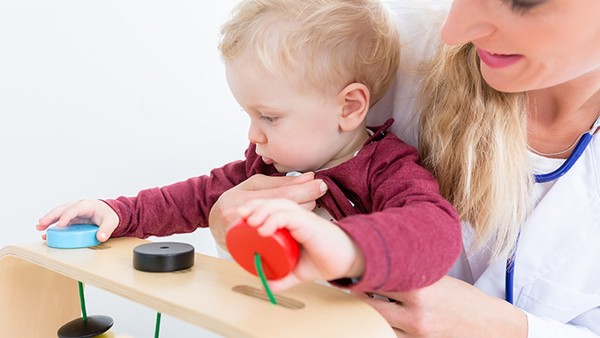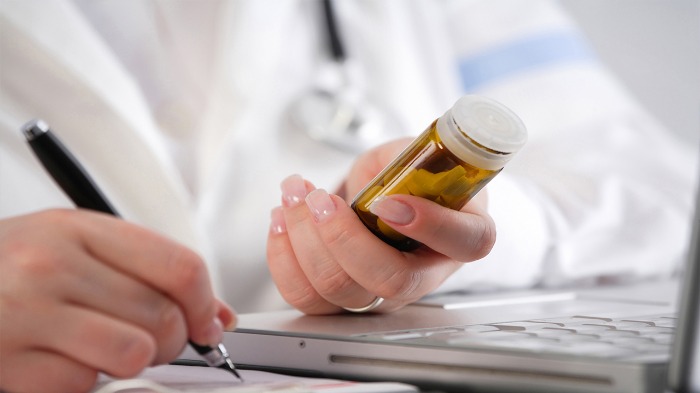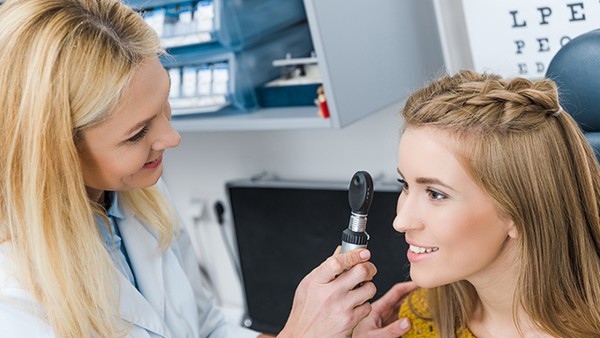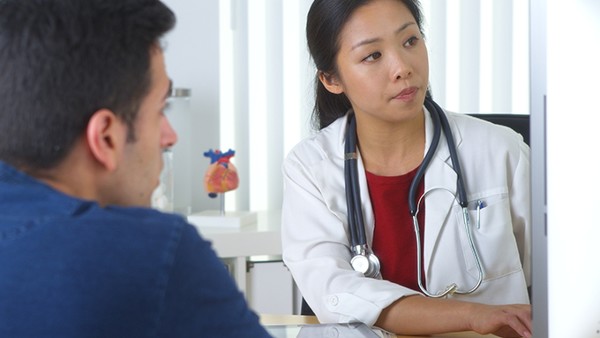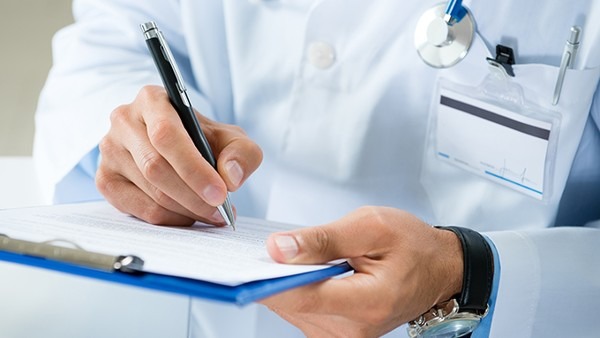Don't ignore postpartum physical examination, pay attention to 6 major items

After giving birth, a woman's body undergoes a series of changes, and a postpartum physical examination is an important way to monitor the recovery of the pregnant woman's body. So, what should we pay attention to during the postpartum physical examination?
1. Uterine recovery
The uterus will gradually recover after childbirth, and the doctor will check the size, position, and hardness of the uterus during the postpartum physical examination. If the uterus is not recovering well, it may cause postpartum hemorrhage or infection.
2. Vaginal and perineal recovery
The vaginal and perineal area will be stretched and torn during childbirth, and the doctor will check the healing of the wound during the postpartum physical examination. If the wound is not healing well, it may cause infection or pain.
3. Lochia
Lochia is a vaginal discharge that occurs after childbirth. The doctor will check the amount, color, and odor of the lochia during the postpartum physical examination. If the lochia is excessive, has a foul odor, or contains blood clots, it may indicate an infection or other problems.
4. Pelvic floor muscle strength
The pelvic floor muscles support the bladder, uterus, and rectum. Childbirth can weaken the pelvic floor muscles, which can lead to problems such as urinary incontinence or prolapse of the pelvic organs. The doctor will check the strength of the pelvic floor muscles during the postpartum physical examination and may recommend exercises to strengthen these muscles.
5. Breast health
Breastfeeding can lead to a number of breast problems, such as mastitis or breast abscess. The doctor will check the breasts for any lumps, swelling, or tenderness during the postpartum physical examination. If any problems are found, the doctor may recommend further tests or treatment.
6. Emotional health
Childbirth can be a traumatic experience, and some women may experience postpartum depression or anxiety. The doctor will screen for postpartum depression and anxiety during the postpartum physical examination. If any symptoms are found, the doctor may recommend further evaluation or treatment.
In addition to these 6 major items, the doctor may also check the following:
Blood pressure
Pulse
Temperature
Weight
Height
Body mass index (BMI)
Pap smear
STI screening
The postpartum physical examination is an important part of postpartum care. By paying attention to these 6 major items, the doctor can help ensure that you are recovering well from childbirth and that you are healthy and happy.
The above is all the content that the editor wants to share with you. I sincerely hope that these contents can bring some help to your life and health, and I also wish that your life will be happier and happier.
Topic: #physical #examination #postpartum